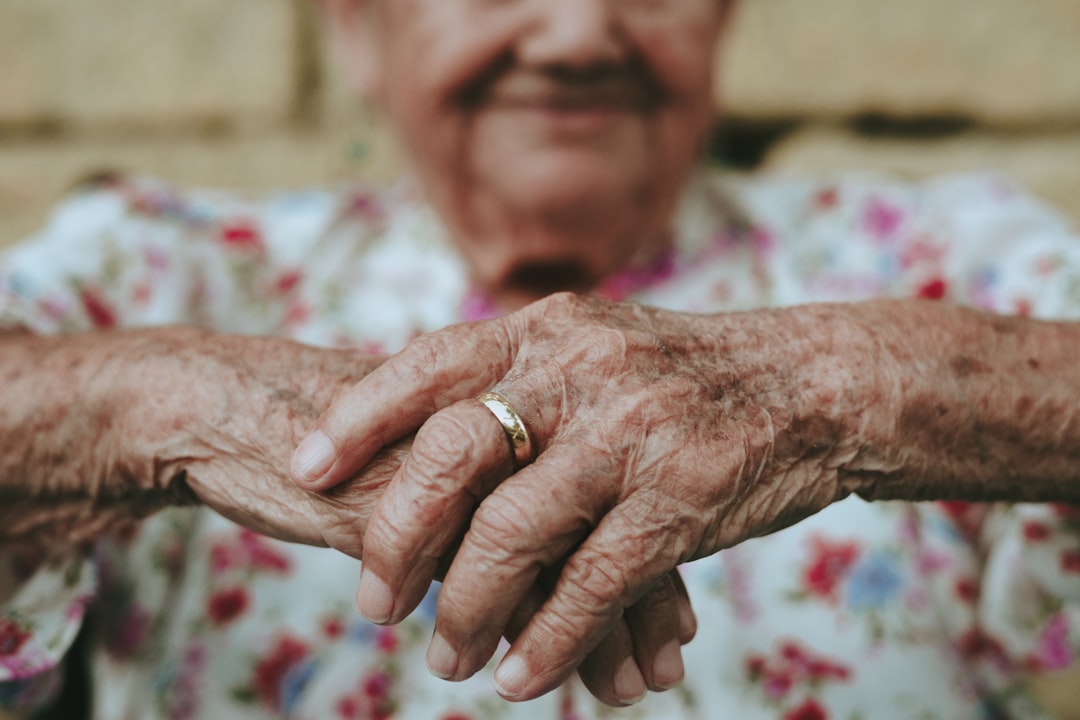
I went to Egypt on a sort of a work trip recently, with TikTok of all companies.
I say “sort of a work trip” because I was there in my capacity as a journalist – the only Western one, at that – but it was called a Digital Wellness Summit and we mostly talked about our mental health. (Which is funny, considering who brought us there, and what people are accusing them of)
I made some art, if you could call it that. I poured paint on a canvas and swirled it around. And you haven't experienced a trust circle until you’ve sat in one conducted entirely in Arabic with 25 Egyptian journalists pouring their heart out.
I couldn’t understand a word they said, but I felt everything.
The whole excursion was like that.
I felt everything.
When we landed in Cairo and gathered outside the airport waiting for our minibus, all of a sudden one of our group was hugging an older woman who appeared on the sidewalk. She turned to us and yelled happily: “This is my mother!”
Keep reading with a 7-day free trial
Subscribe to Hotflash inc to keep reading this post and get 7 days of free access to the full post archives.



